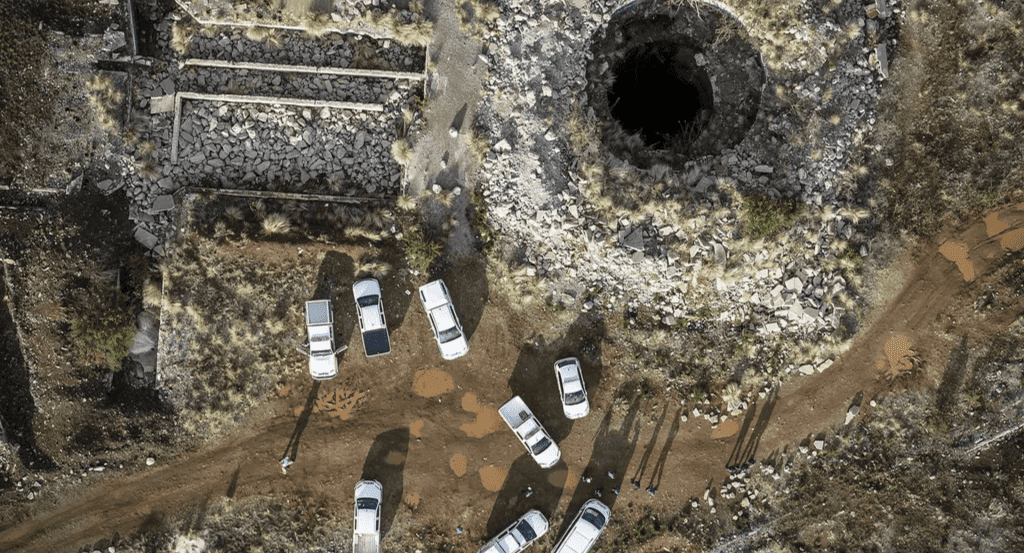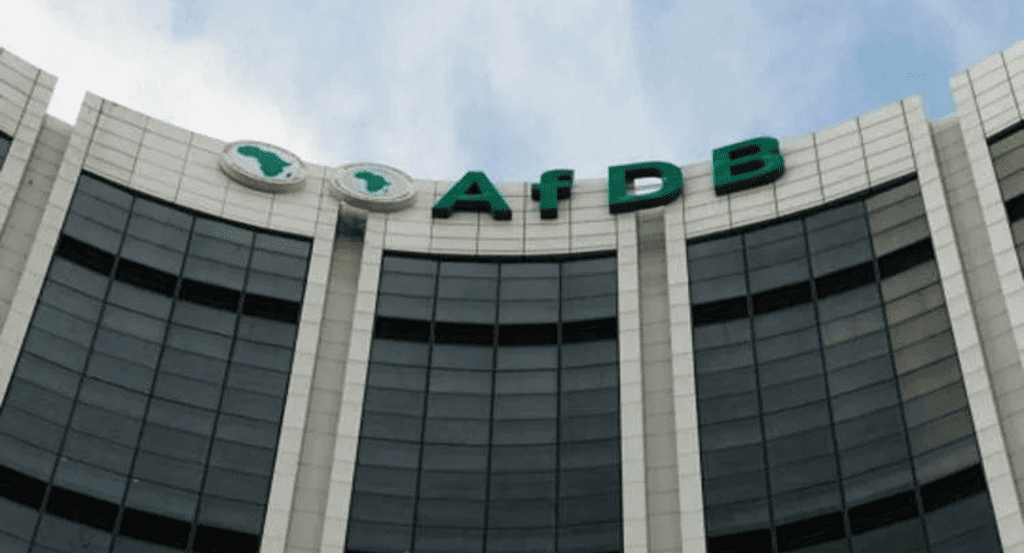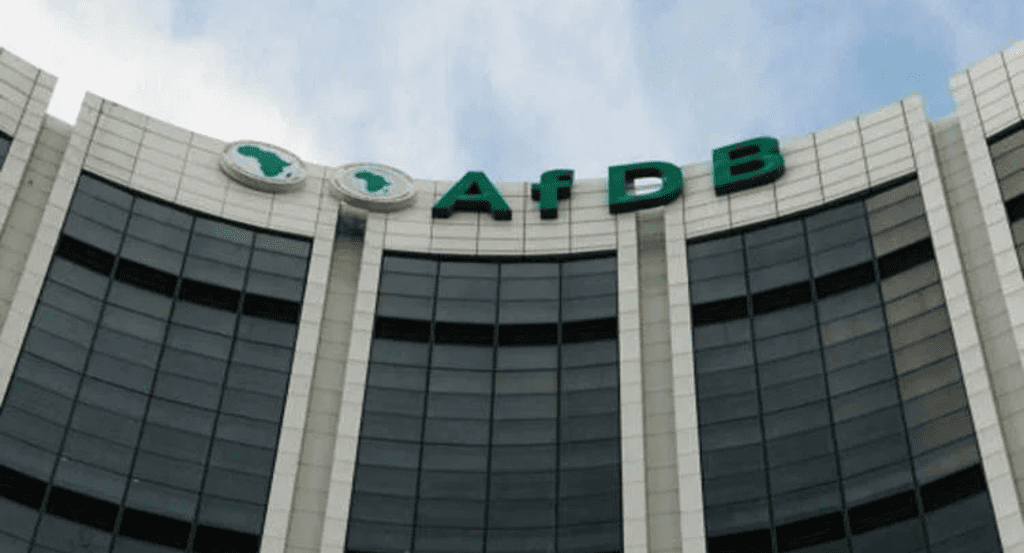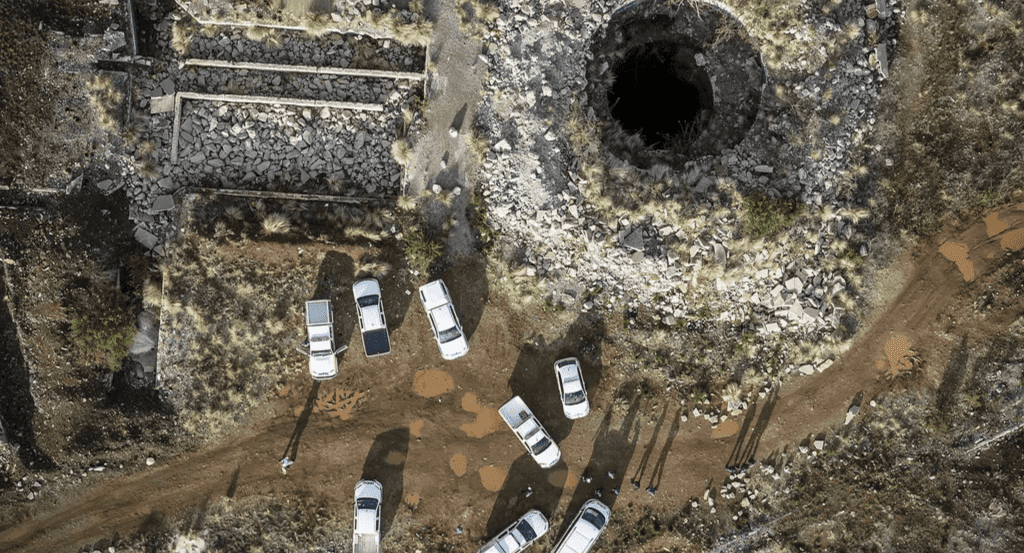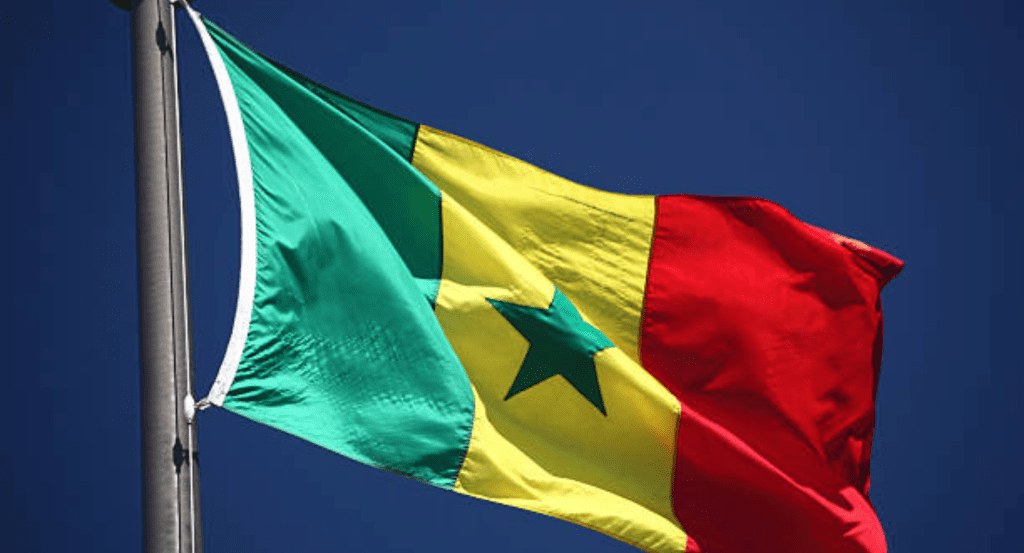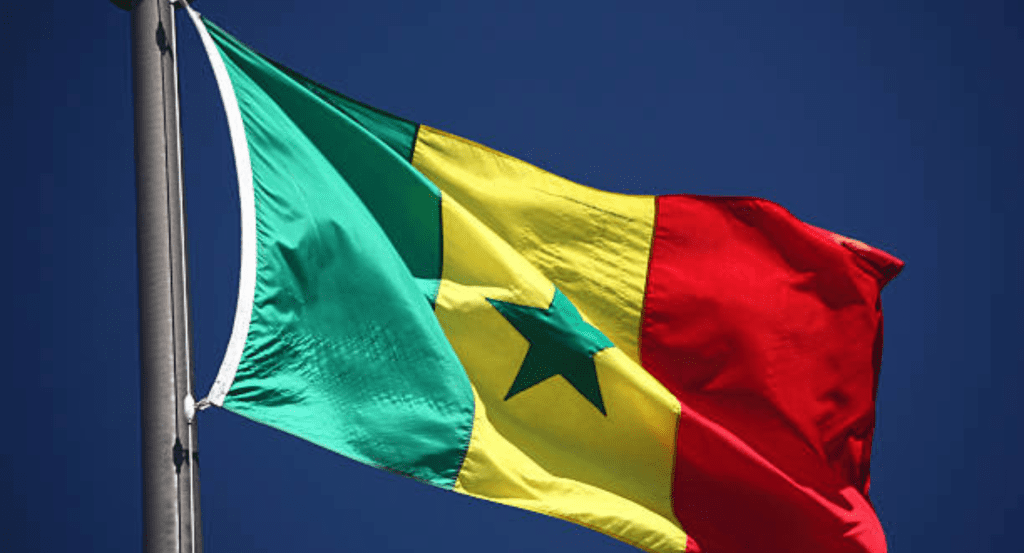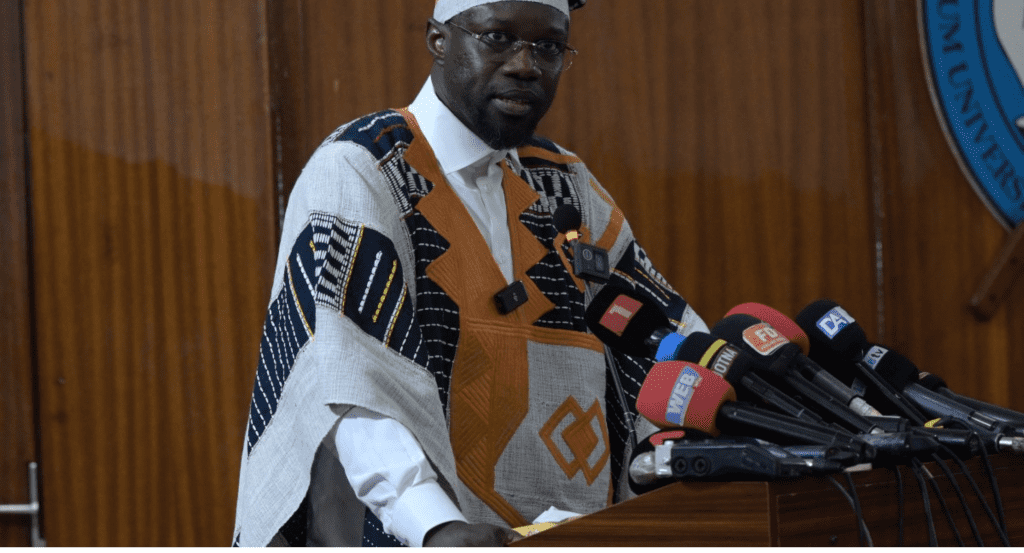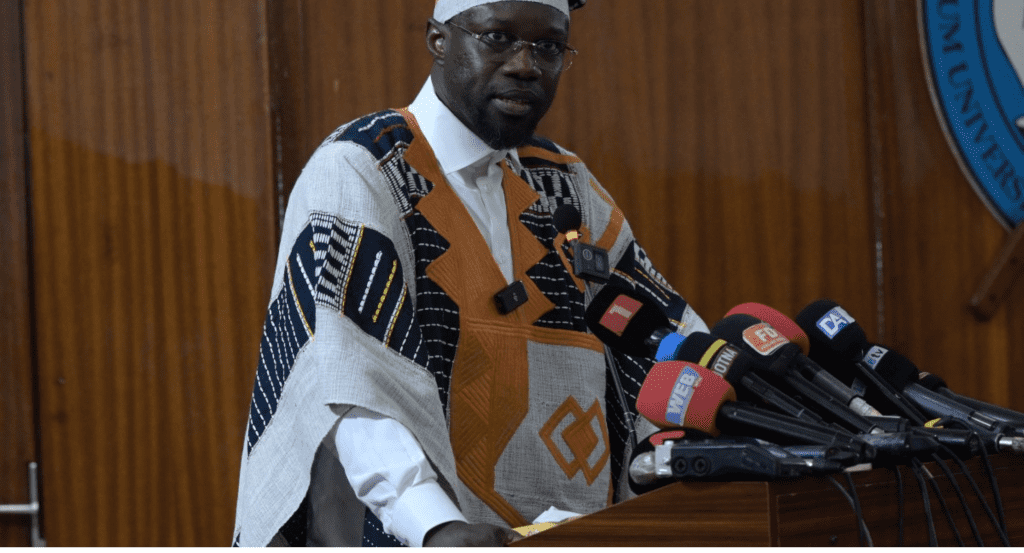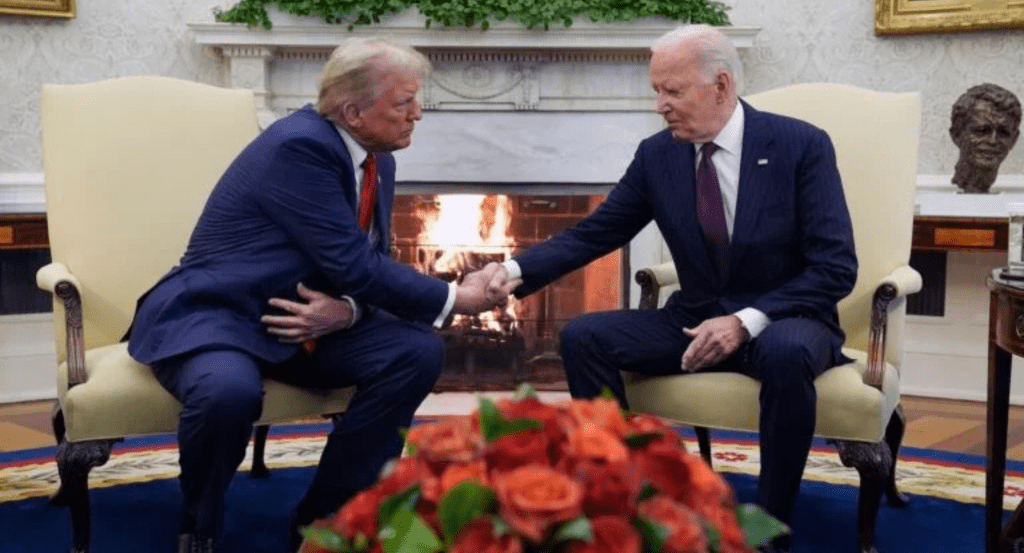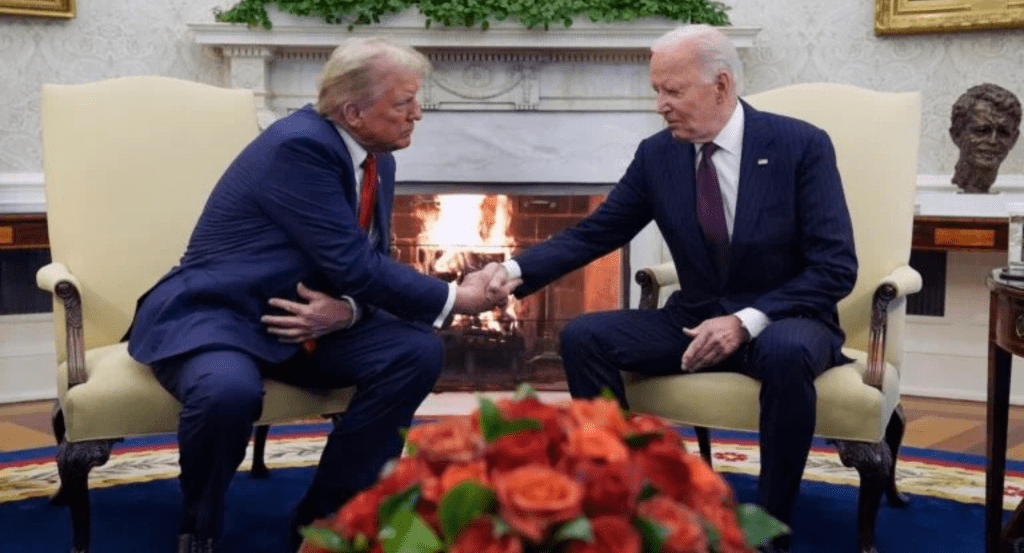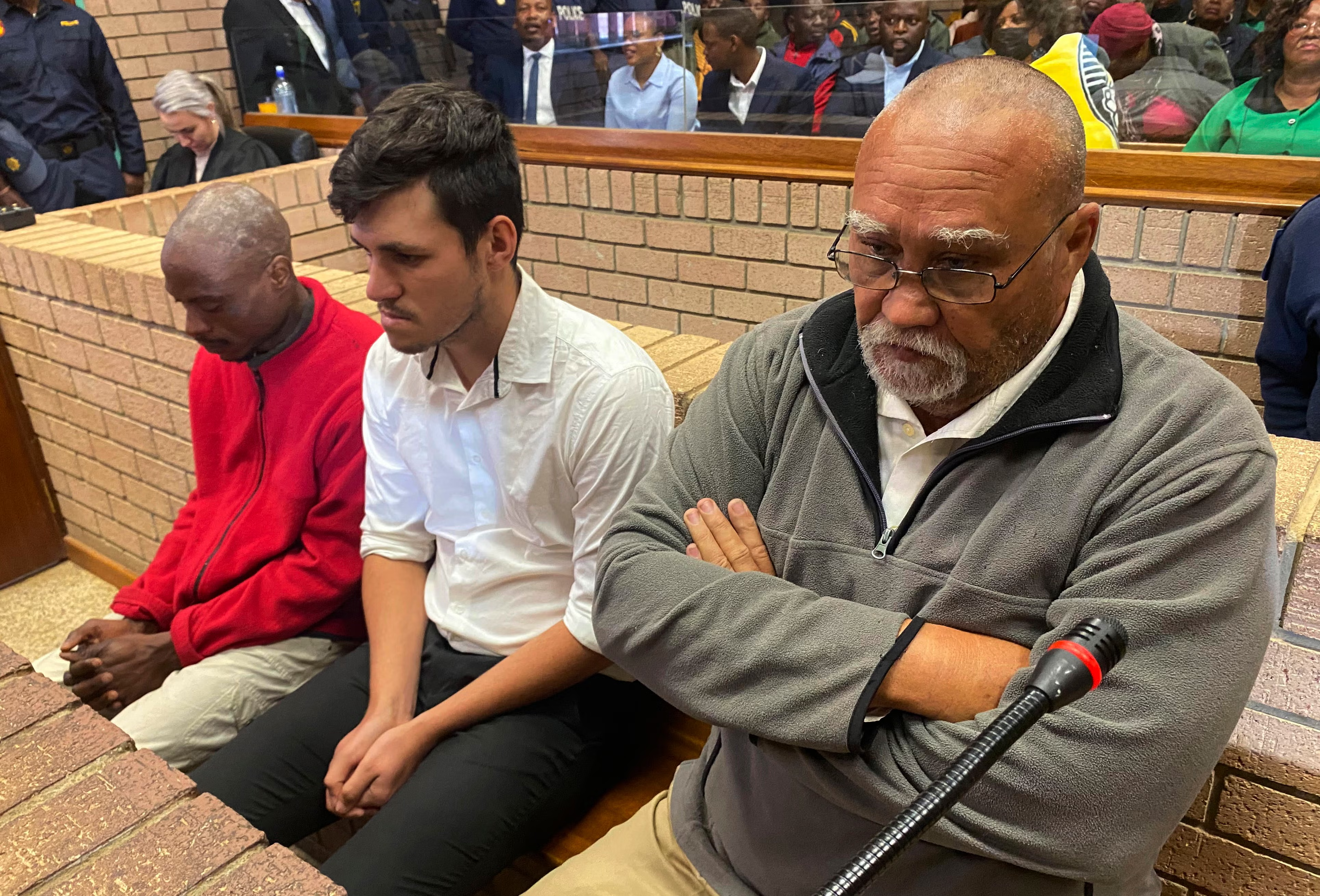On July 27, hundreds of Ogoni people began a blockade of the East-West Road in Eleme, Rivers State, Nigeria. They’re protesting the long-neglected road and demanding its quick reconstruction.
Key Points:
- The 15-kilometer road connects nine local government areas to Port Harcourt, the state capital.
- Poor road conditions have turned a 45-minute journey into a 6 to 24-hour ordeal.
- The bridge has become dangerous, with frequent reports of vehicles falling into the river.
- Politicians have long promised to fix the road but haven’t followed through.
The protesters, including many young people, have given the government a 14-day ultimatum to start rebuilding the road and add flyovers at key junctions.
This protest highlights broader issues:
- Ongoing poverty in minority and indigenous communities in the Niger Delta region
- High unemployment in the area despite its natural wealth
- Lack of access to social services for indigenous people
The International Indigenous Peoples Movement for Self-Determination and Liberation (IPMSDL) supports the protest. They say the government’s inaction violates indigenous peoples’ rights to improved economic and social conditions, as outlined in the UN Declaration of the Rights of Indigenous Peoples.
The group emphasizes that any road improvements should benefit local people, not just make it easier for corporations to remove resources from indigenous lands.
The Ogoni people’s action underscores the ongoing struggle for equal treatment and development in Nigeria’s minority communities.



